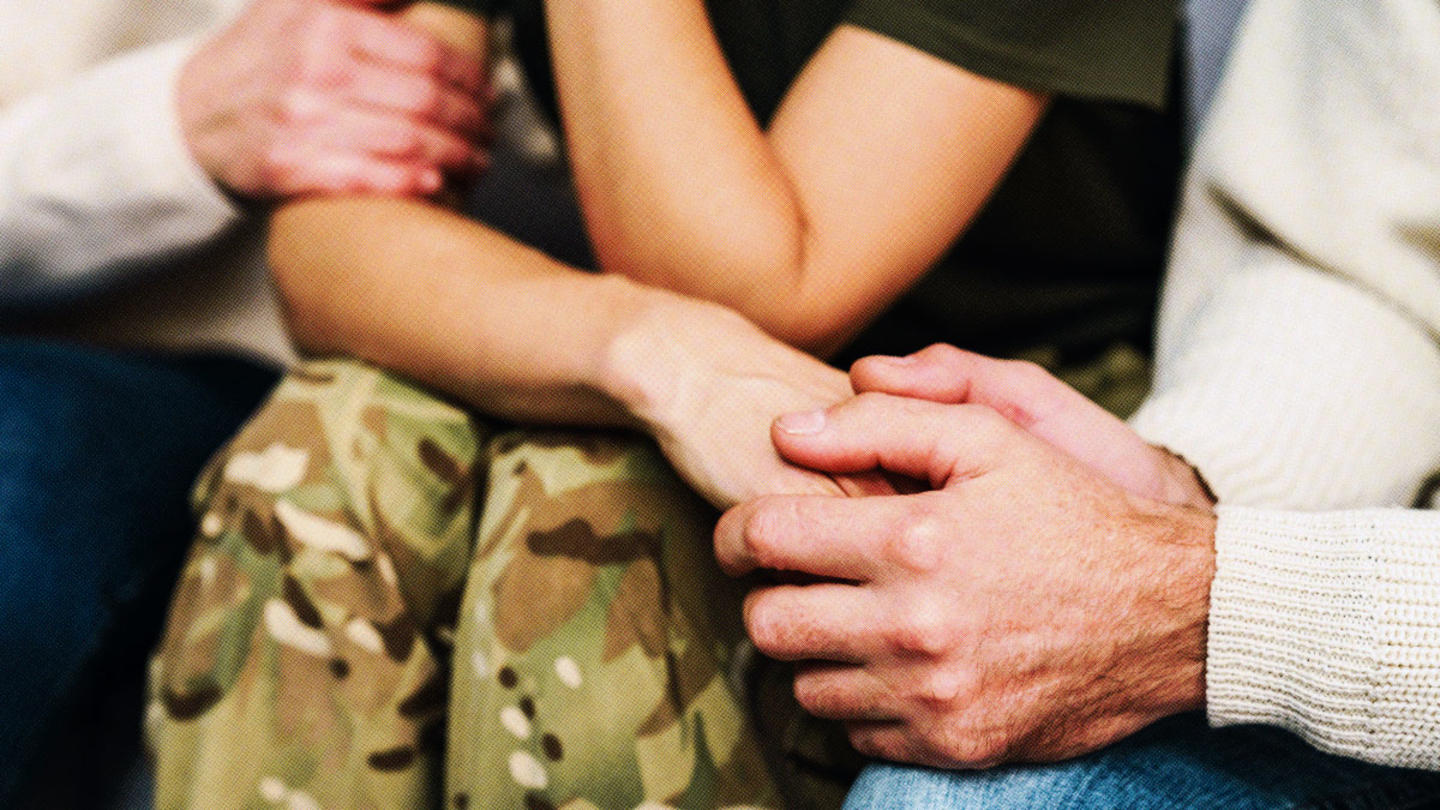Our mental health system is being overwhelmed. “Right now the mental health system we have in place is incredibly fragile,” said Trina Clayeux. “We don’t have enough therapists. We don’t have enough therapists in the pipeline.”
The CDC reports one in five Americans have experienced a mental health episode. “For every single therapist that we have in the United States, there are 350 people looking for that type of support,” said Clayeux.
Clayeux is the CEO of Give an Hour, a national nonprofit that is transforming the mental health industry by providing no-cost counseling via a network of more than 4,000 volunteer mental health professionals. In the last decade, they’ve helped more than 2.9 million people, but over time, Clayeux saw the limitation of using therapists alone to keep up with the growing demand.
“Most of us don’t know how to fix the system because it is so fragmented,” she said. “People tend to think that we just need more therapists,” but that isn’t sustainable. Demand is far outstripping supply in the mental health care space. “And so we’re having to look for other solutions — solutions that we haven’t even considered before.”
That’s why Clayeux is building a whole new community-based model, one that could permanently change how we approach mental health care. “The good news is the solution might be closer than a therapist,” she said.
Effective mental health care outside the therapist’s office
Clayeux used to believe that more therapists were the answer to the mental health crisis. “We poured into our therapists and our professionals to say, ‘You are the solution to the mental health crisis,’” she said, “but what we realized is that clinical care was not enough.”
Professional one-on-one counseling is still a solution, but it’s not the only solution. “How do you mobilize a nation and make mental health care accessible to anybody?” Clayeux asked herself. She found the answer exciting: “The solution can be found in other situations — besides a therapist’s office.”
Clayeux has found a way to help millions of Americans get the mental health support they need from people they already interact with in their community. “We realized everyone can be part of the solution,” she said. “Our focus now is really looking at that community-based health care. These are everyday people closest to the problems, and the people closest to the problems have the best solutions. If we can empower individuals with the training, studies show this can be just as effective as clinical care.”
How effective is it? In a 2022 comprehensive study by BMJ, researchers found that peer support — both individual and group — delivered significant benefits comparable to professional care.
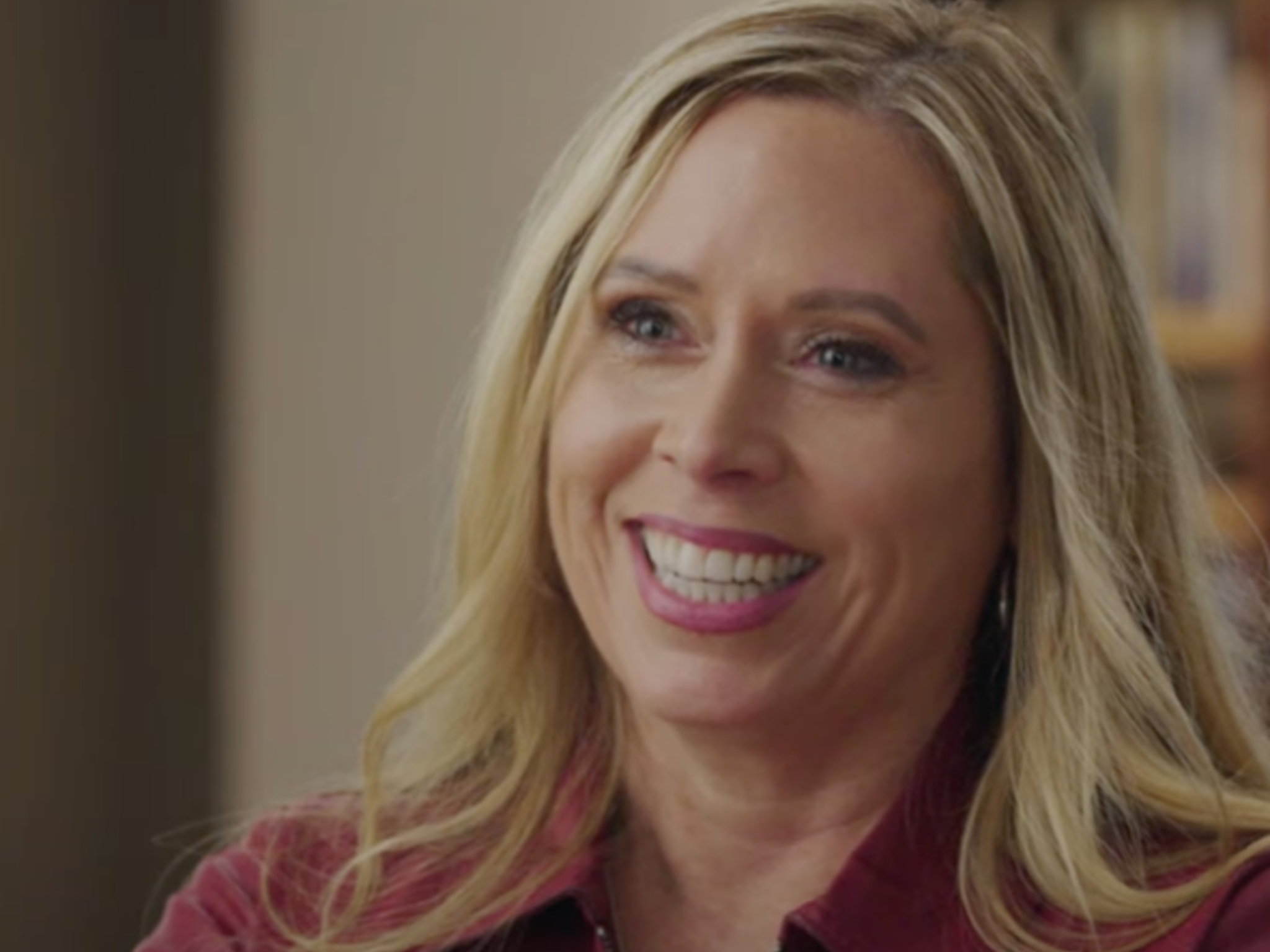
We realized everyone can be part of the solution. Our focus now is really looking at that community-based health care. These are everyday people closest to the problems.”
Trina Clayeux
CEO, Give an Hour
With the right tools, anyone can make an impact in their community
Give an Hour is focusing on two community-based support models: wellness ambassadors and peer-to-peer support.
“Wellness ambassadors really can be anyone,” said Clayeux. “These are everyday people who are a part of a community who want to elevate their emotional intelligence.” But she said this is more than just being a good friend. Besides being empathetic, wellness ambassadors receive training and tools to learn what to do and say when supporting others in a crisis.
“The more that we can arm people with good information, the more that they are going to be able to make an impact on their own community,” she said.
This model is particularly effective in organizations like the military where community members have a strong bond but sometimes lack the mental health support they need. Clayeux shared a story about a former service member who saw himself as a mentor in the military community. His friend had been struggling for two years trying to get into clinical care. Give an Hour offered the mentor an opportunity to become a wellness ambassador.
“He’s already doing this kind of work, but now we’re arming him with a little bit more information and a few more tools,” she said. “It makes him a really effective change agent because people will tend to go to people they trust before they’ll go to any kind of clinical care.”
It’s about connecting through shared experience
The second community-based model is peer-to-peer support — community members with similar experiences offering support to each other. “This model is underpinned by a shared lived experience,” said Clayeux. “That’s what makes it so unique. Someone has either been touched by a mental health incident, or they’ve been touched by a traumatic situation. It’s someone who can connect with you easily, who can understand your experience on some level, and who’s been there.”
The peer model includes all the training of a wellness ambassador, but its effectiveness is in connecting with others through a personal experience, like surviving an accident, drug addiction, or human-made trauma, which are some of the worst situations imaginable.
Clayeux said the community and individual healing that happened among survivors of the Route 91 Las Vegas shooting is an excellent example of the power of peer-to-peer support.
“Sixty percent of the individuals who were in Las Vegas were actually from Southern California,” she said. “All the investment went to Vegas, yet, a lot of the individuals who were at that concert, the very next day left Vegas with no help, no support system.”
Some survivors in Southern California were looking for more. “You could see it. You could feel it,” Clayeux said. “You could hear it in how they were talking, ‘I want to give back. I want to be more involved in mobilizing the community and supporting it.’”
Give an Hour trained these individuals to become peer supporters. Clayeux described what happened next: “There’s this multiplying effect,” she said. “Now when we worked in another community that had a mass violence event, we had individuals who were five years into their process. You now had folks who could help you see around the corner. They’re people who can help you navigate resources or people who can say, ‘I get it. I get what that incident feels like.’ And that’s where you’re seeing communities that can be changed.”
Sign up for the Stand Together newsletter and get stories, ideas, and advice from changemakers to help you tackle America’s biggest problems.
Mental health care for 8 million people by 2025
Give an Hour’s big goal is to have community-based wellness ambassadors and peers care for 8 million people by 2025, but one organization can’t solve this problem alone. The National Institute of Mental Health estimates that nearly 60 million people are living with a mental illness in the United States. Clayeux hopes community-based mental health care will catch on beyond Give an Hour. She sees these models as solutions for gaps in mental health care that entail more than just a low supply of therapists.
“I think so often that we have been offering mental health as this one-size-fits-all solution, that you’re missing the nuance,” she said. “There’s something in the exchange with another individual when you can really connect with them — there’s a reciprocity, there’s an exchange where I’m helping you, but I’m actually helping myself.”
She believes these models can change the way we approach mental health. “There’s such an incredible vibration happening right now when we think about shifting this conversation,” she said. “It feels like a symphony, and in your symphony, you have all these individuals who are playing different instruments towards the same song. It empowers each one of us to be part of the solution.”
***
Give an Hour is supported by Stand Together Foundation, which partners with the nation’s most transformative nonprofits to break the cycle of poverty.
Learn more about Stand Together’s health care efforts and explore ways you can partner with us.
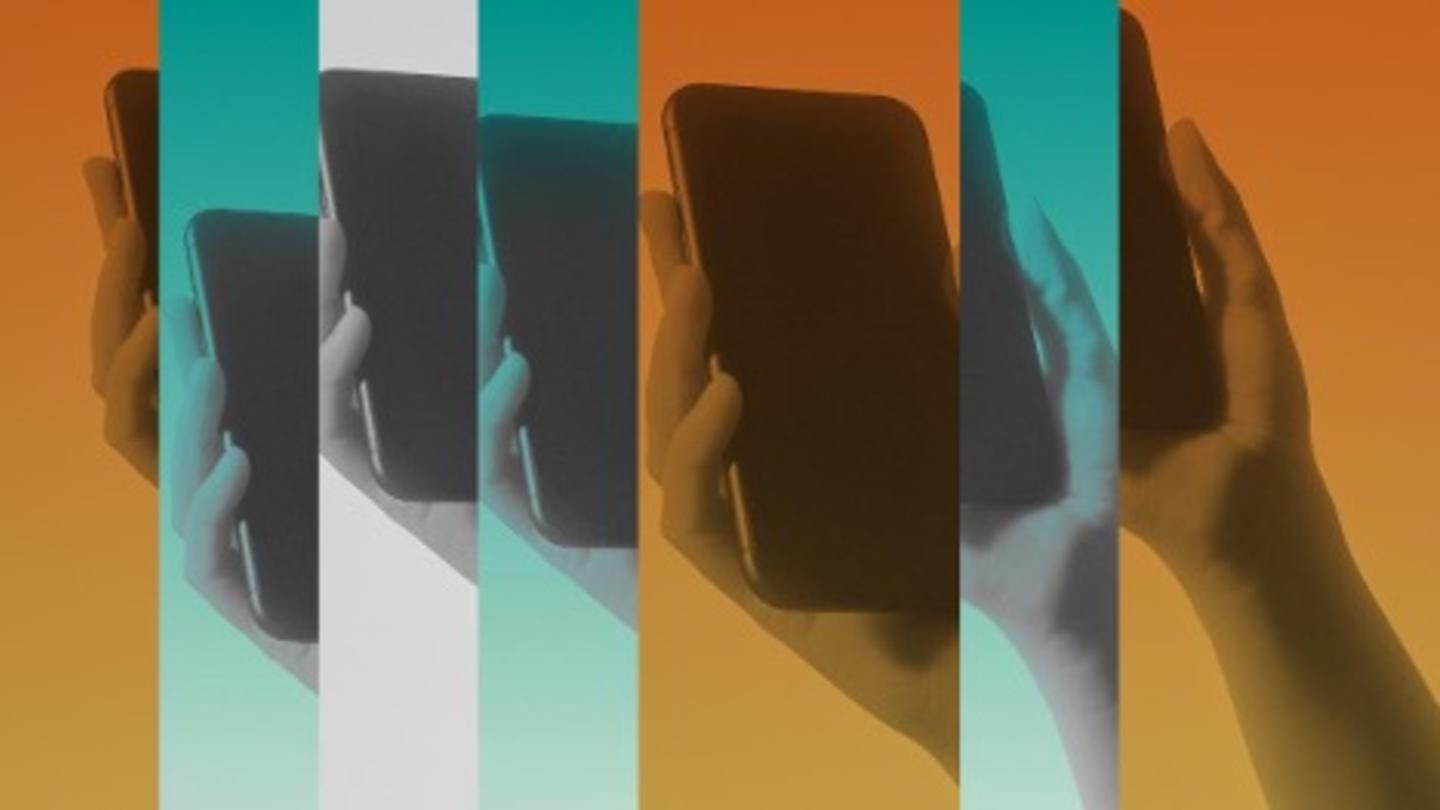
What if the key to improving Gen Z’s mental health lies in leveraging AI?
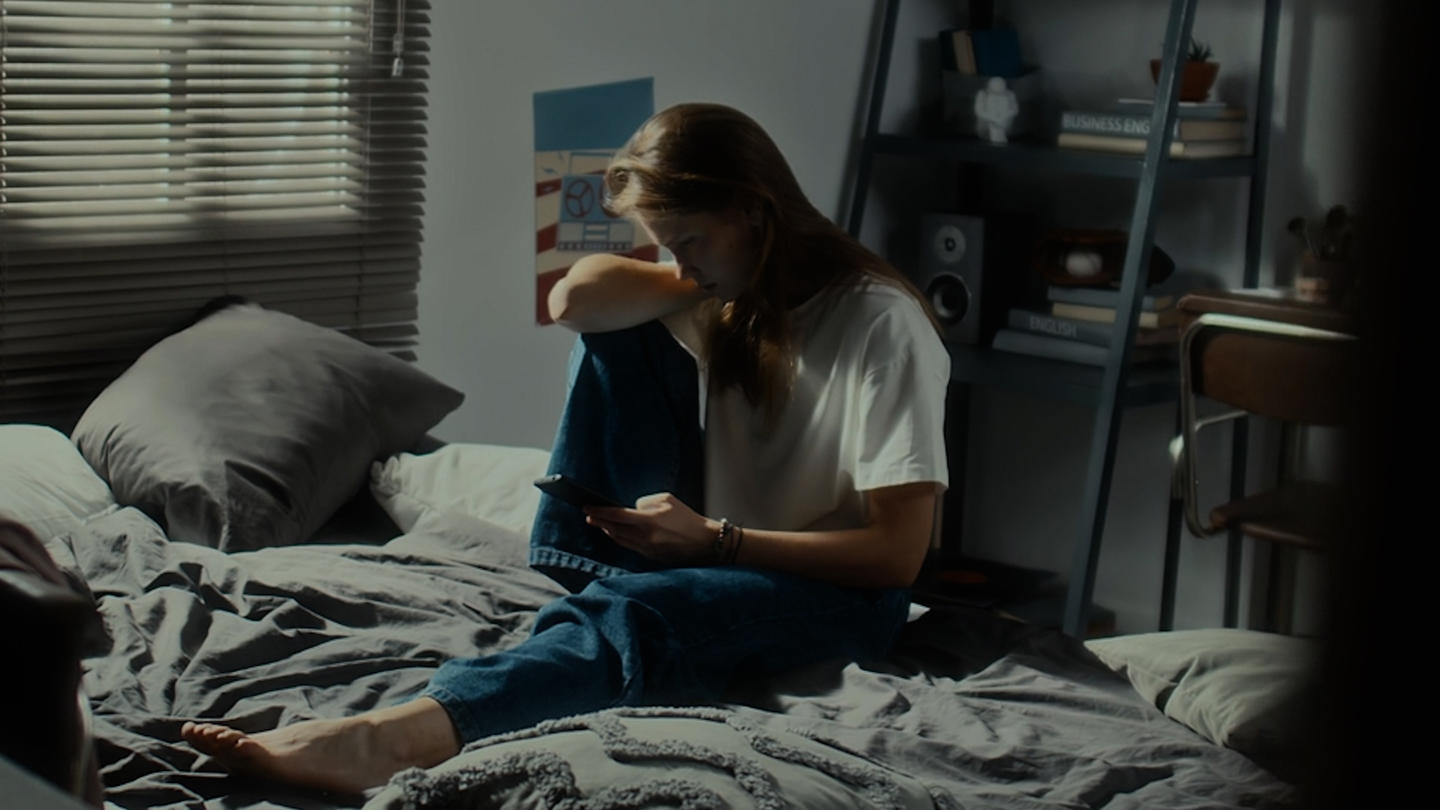
Mental health care is too narrow, possibly worsening the crisis. These changemakers have a plan.
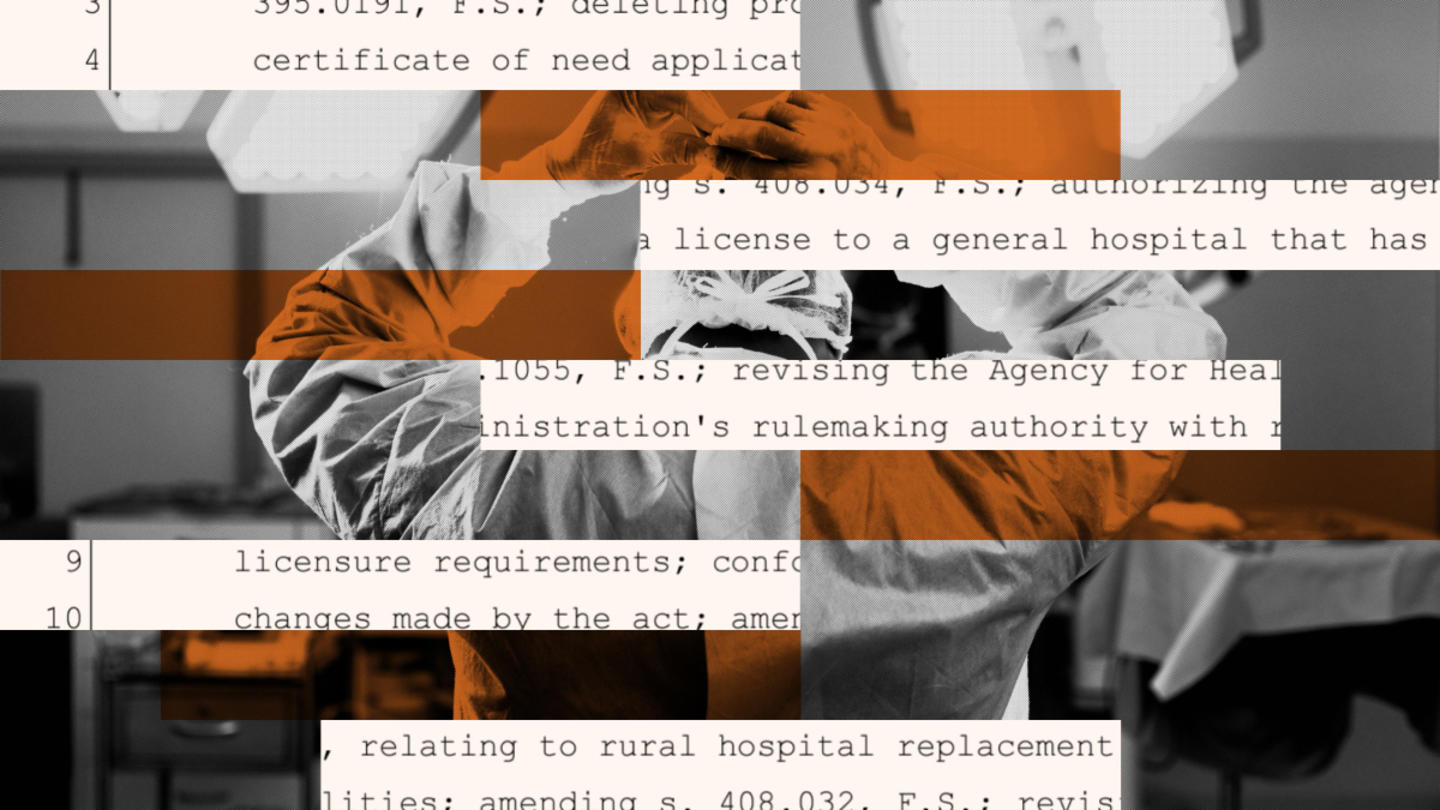
States with CON laws have higher prices, fewer medical facilities, and inferior patient outcomes.
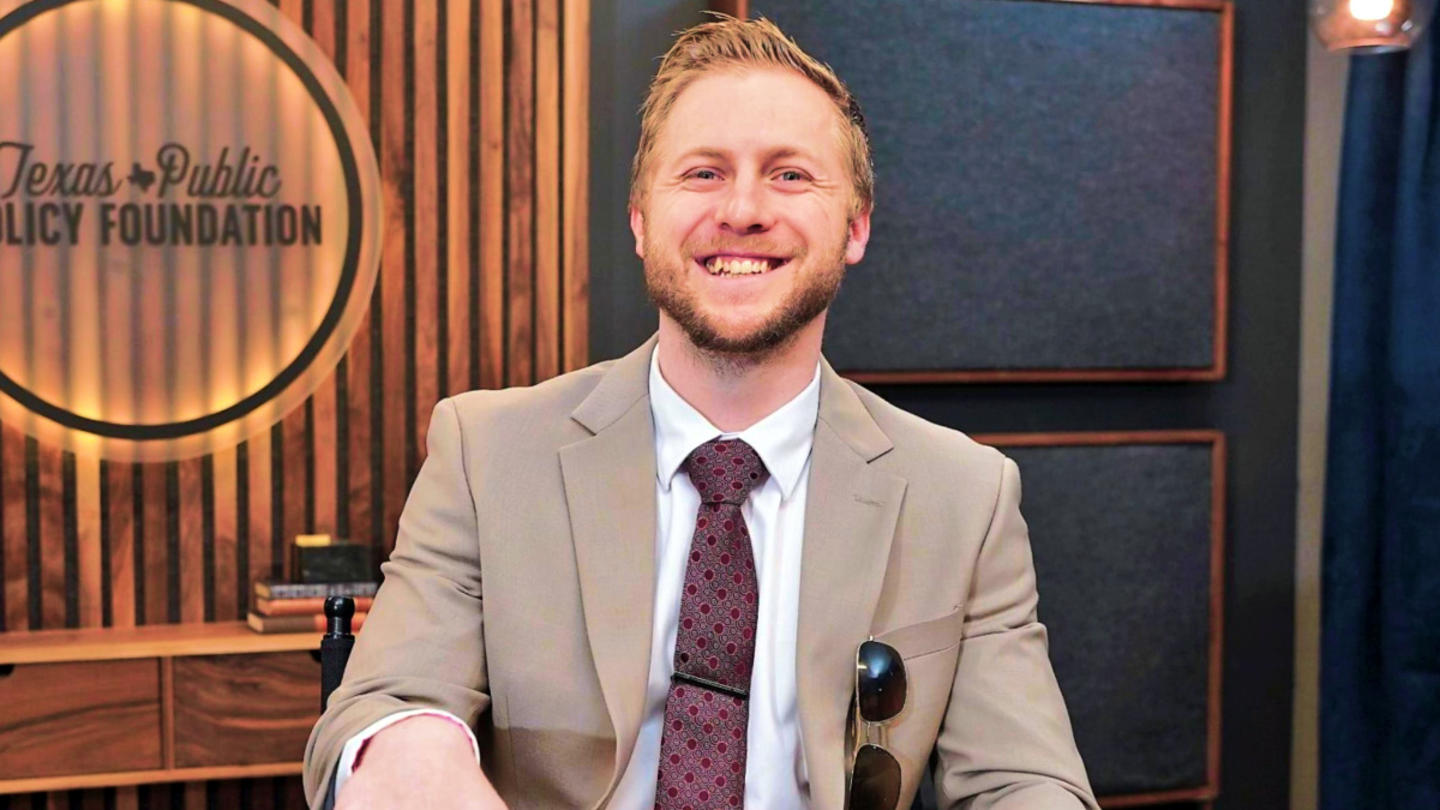
Tanner Aliff is a policy and health expert transforming America's health care system. Here's how.
